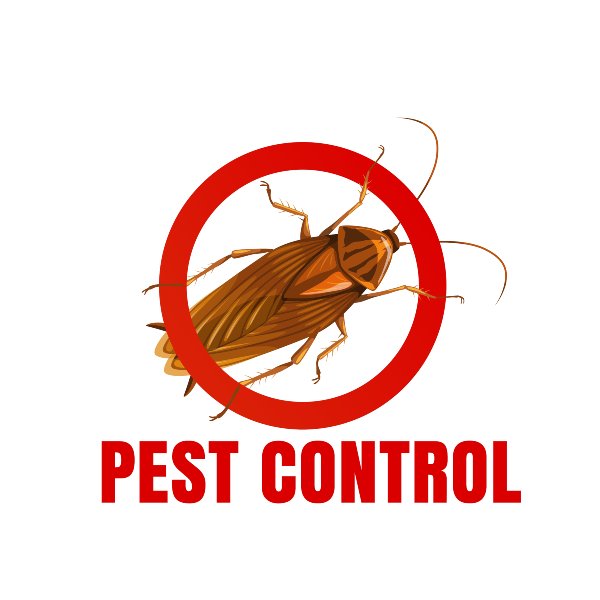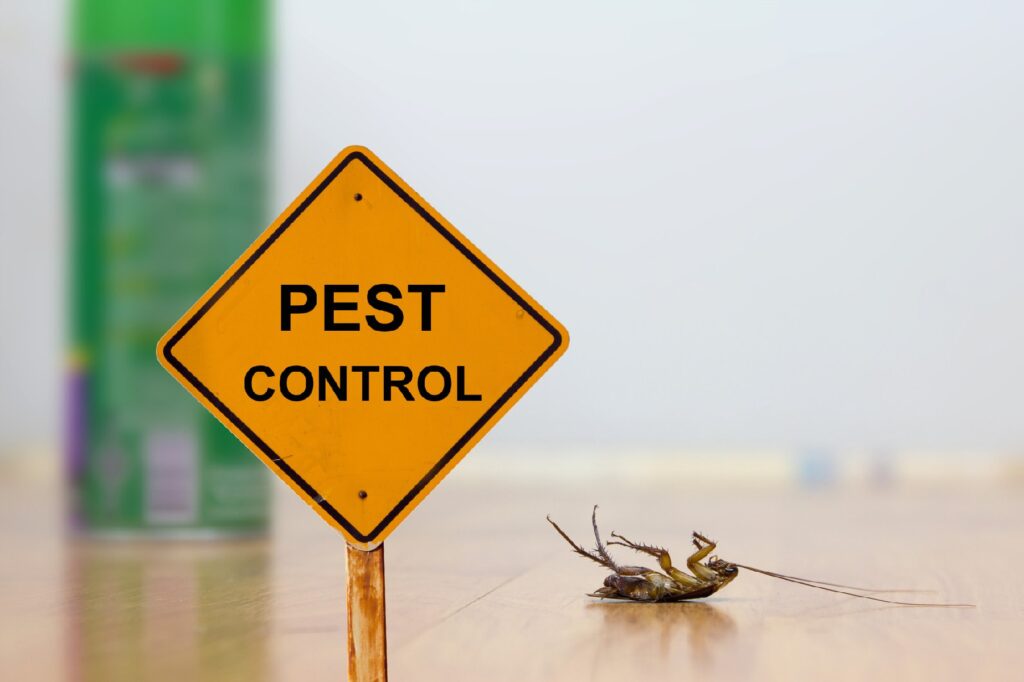Professional Wasp Control Coquitlam: Safe and Efficient Pest Removal
Safe and Reputable Pest Control for Lasting Security
Effective pest administration requires a complex technique that stabilizes environmental integrity with the demand for reliable pest suppression. The nuances of these methods might not be promptly clear, motivating a closer evaluation of the practices that can lead to lasting pest control end results.
Comprehending Pest Control Methods
Parasite control encompasses a selection of techniques focused on managing and eliminating undesirable pests and rats that can intimidate both wellness and property. Understanding these approaches is important for efficient bug management.
The main categories of parasite control methods include mechanical, organic, and chemical methods. Mechanical methods involve physical obstacles and traps to avoid insect access and capture unwanted species. As an example, using displays on home windows or utilizing sticky traps can dramatically minimize parasite populaces without introducing damaging compounds.

Chemical pest control is usually the most identified technique, using chemicals to get rid of parasites. These chemicals can be efficient yet must be used with care to stay clear of damaging impacts on non-target varieties and the setting.
Benefits of Eco-Friendly Solutions
Just how can environmentally friendly services change bug control methods? The adoption of environment-friendly pest control methods offers various advantages, substantially boosting the efficiency and safety and security of parasite administration.

One more advantage is the positive impact on regional biodiversity. Green solutions are created to target specific insects while preserving advantageous insects and wild animals, advertising a balanced ecological community. This strategy lines up with the expanding consumer demand for sustainable methods, improving the reputation of insect control suppliers.
Integrated Parasite Administration Techniques
The implementation of environment-friendly solutions normally results in the adoption of Integrated Parasite Management (IPM) strategies, which better boost parasite control efficacy. IPM is a holistic strategy that combines multiple tactics to manage pest populaces while decreasing ecological impact. This approach emphasizes using biological, social, mechanical, and chemical controls, making sure a balanced and sustainable method of insect administration.
One essential aspect of IPM is the extensive analysis of insect activity and environmental conditions. By keeping an eye on parasite populaces and identifying their life process, practitioners can execute targeted interventions that interrupt the insect's habitat or lifecycle, minimizing reliance on chemical pesticides. Furthermore, cultural techniques such as plant rotation and habitat control can considerably lessen parasite facility and recreation.
Another important component is using organic control representatives, such as valuable bugs or microorganisms, which can naturally reduce bug populations. When chemical applications are needed, IPM focuses on the usage of low-risk pesticides and applies them uniquely, minimizing exposure to non-target organisms and humans.
Integrating IPM strategies not only improves insect control efficiency but also promotes a safer ecosystem, lining up with the expanding demand for lasting techniques in parasite administration.
Safe Practices for House Owners
Recognizing the significance of secure practices in parasite control can empower homeowners to efficiently take care of parasite problems while securing their health and the setting. Applying safe approaches and precautionary steps is vital in lessening exposure to harmful chemicals.
Homeowners must initially examine their atmosphere for conditions that bring in insects, such as standing food, clutter, and water waste. Frequently cleansing and sealing entrance points can hinder insects from invading the home. Making use of all-natural deterrents, such as necessary oils or diatomaceous planet, can offer efficient choices to chemical pesticides.
When chemical treatments are necessary, house owners must go with products that are particularly labeled as safe for residential usage. It is necessary to adhere to application standards diligently to avoid too much exposure. Furthermore, using targeted therapies in locations where insects are determined, instead of blanket splashing, can considerably reduce chemical use.
Last but not least, preserving open communication with parasite control specialists is important. Property owners need to ask about the safety of products used and request environment-friendly options whenever possible. By taking on these risk-free practices, house owners can develop a much healthier internet living atmosphere while successfully managing pest issues.

Tips for Long-Term Defense
Developing an insect management strategy that emphasizes long-lasting defense can substantially improve the efficiency of the safe practices previously gone over. To accomplish this, home owners must implement regular assessments of their home, concentrating on hidden locations such as attics, basements, and crawl rooms. Early detection of parasite task is important in avoiding invasions from taking hold.
In addition, keeping a clean environment is crucial. This includes appropriate food storage, quickly cleaning up spills, and consistently disposing of garbage. These techniques lower attractants that draw insects right into the home. Sealing entrance points, such as cracks around doors and home windows, can effectively obstruct potential insect accessibility.
Landscaping must also Learn More Here be considered; maintaining plants cut and keeping a distance in between plant life and the home lessens concealing spots for insects. Utilizing all-natural deterrents, such as important oils or diatomaceous planet, can even more inhibit invasions without resorting to extreme chemicals.
Last but not least, collaborating with an expert parasite control solution for periodic assessments can provide an extra layer of security. These experts can offer tailored referrals and progressed therapies, making certain that your home continues to be protected versus parasites in the long term.
Conclusion
In verdict, safe and trustworthy pest control calls for a complex technique that stresses green approaches and incorporated parasite administration. By applying all-natural deterrents, conducting normal examinations, and preserving proper cleanliness, homeowner can dramatically minimize bug populaces while protecting helpful insects and the environment. Cooperation with expert pest control solutions boosts the effectiveness of these techniques, ensuring customized services that provide long-term defense and comfort versus future invasions.
Reliable insect management calls for a complex strategy that balances ecological stability with the sites demand for efficient bug suppression. The adoption of green bug control methods provides many benefits, considerably enhancing the efficiency and safety of pest monitoring.The implementation of environment-friendly solutions normally leads to the fostering of Integrated Insect Administration (IPM) strategies, which additionally boost insect control effectiveness. exterminator coquitlam. By monitoring pest populations and determining their life cycles, experts can carry out targeted treatments that interrupt the bug's environment or lifecycle, lowering dependence on chemical pesticides.In final thought, reliable and risk-free insect control needs a complex approach that stresses green techniques and integrated parasite management